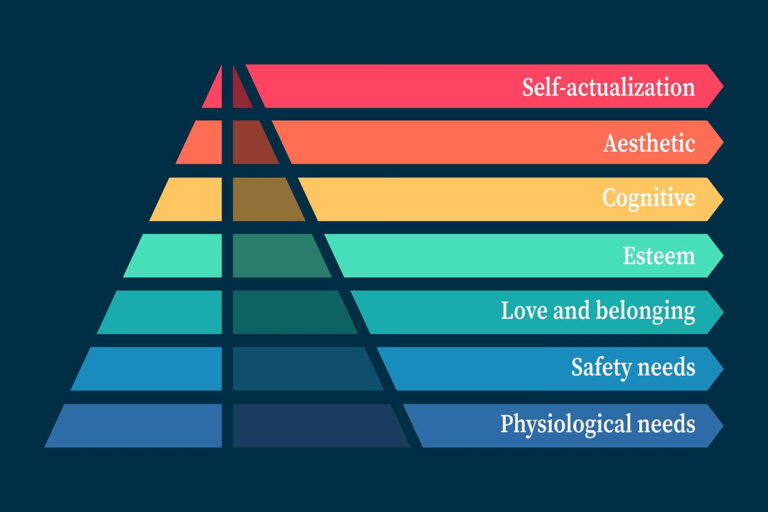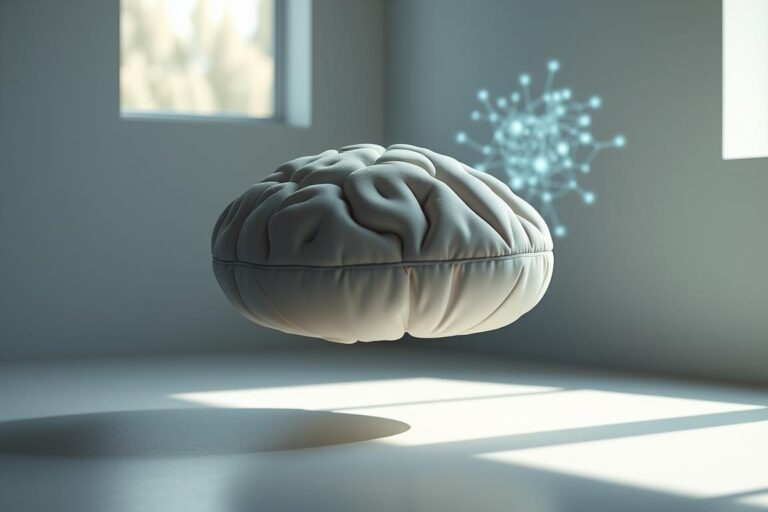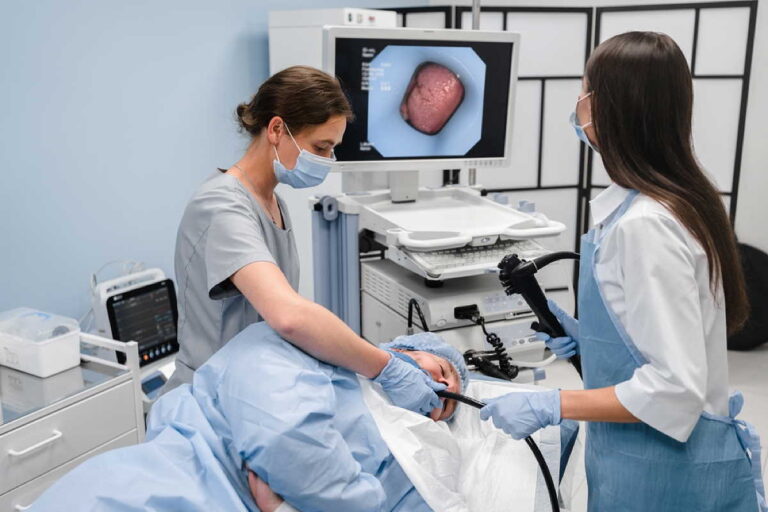Acupuncture: effects, areas of application and costs at a glance
Acupuncture is one of the oldest healing methods and a central component of traditional Chinese medicine (TCM). This technique, in which fine needles are placed at specific points on the body, is often regarded as a miracle cure for numerous ailments. But how exactly does it work, what areas of application are there and how much does acupuncture treatment cost? This article sheds light on the various facets of acupuncture, from how it works and its effectiveness to the costs and whether it is covered by health insurance.
What is acupuncture and how does it work?
How is the effect of acupuncture explained?
In traditional Chinese medicine, acupuncture is believed to balance the vital energy, known as Qi, in the body by stimulating specific acupuncture points. This energy flows through so-called meridians or pathways that are connected to the organs. A blockage or imbalance in Qi is considered to be the cause of many complaints and illnesses. By inserting needles, the acupuncture points are stimulated to harmonize the flow of energy, which should ultimately lead to the relief of pain and the healing of illnesses.
What role do needles play in acupuncture?
The needles are at the heart of acupuncture treatment. They are extremely thin, which makes insertion into the skin virtually painless. These fine needles are placed at specific acupuncture points to stimulate the meridians. They usually remain there for 20 to 30 minutes. There are different types of acupuncture, such as ear acupuncture and electro-acupuncture, which can be used depending on the symptoms. The needles can also be used during pregnancy to relieve symptoms such as nausea, but this should always be done under the supervision of a qualified doctor or alternative practitioner.
What are meridians and vital energy in Chinese medicine?
In Chinese medicine, meridians are the invisible pathways through which Qi flows. These pathways connect the various organs and systems of the body with each other. The life energy, Qi, is crucial for a person’s health and well-being. An unimpeded flow of Qi through the meridians is considered a sign of health. Disruptions or blockages can lead to various complaints, which can be treated by acupuncture by releasing the blockages and restoring the flow of energy.
What are the areas of application for acupuncture?
How does acupuncture help with pain therapy?
The pain-relieving effect of acupuncture is one of its best-known areas of application. Acupuncture has established itself as an effective treatment method, particularly for back pain, migraines and complaints in the lumbar spine. By stimulating the acupuncture points, the body’s own pain-relieving substances are released, which help to alleviate the pain. Many patients report a significant improvement in their symptoms after just a few acupuncture sessions.
Can acupuncture alleviate chronic illnesses?
Acupuncture is often used for chronic conditions to relieve symptoms and improve overall well-being. Conditions such as arthritis, chronic back pain and even some digestive disorders can be positively affected by regular acupuncture treatments. Acupuncture treatment aims to improve quality of life by helping the body to heal itself and alleviate chronic conditions.
In which cases is acupuncture recommended by doctors?
Doctors often recommend acupuncture as a complementary treatment method, especially when conventional therapies do not produce the desired results. It can be used for various complaints such as nausea after operations, menstrual cramps or to support smoking cessation. It is important that the treatment is carried out by a qualified alternative practitioner or doctor to ensure the safety and effectiveness of acupuncture.
How effective is acupuncture really?
Are there any scientific studies on the effectiveness of acupuncture?
There are numerous scientific studies that have investigated the effectiveness of acupuncture. Many of these studies show positive results, particularly in pain therapy. Nevertheless, there are also critical voices that question the results and call for more scientific evidence. Despite this debate, many medical societies recognize acupuncture as an effective treatment option, especially for certain chronic pain and complaints.
Which complaints can be treated effectively?
Acupuncture can be used effectively for a variety of complaints. In addition to the aforementioned pain therapy, it also helps with stress reduction, sleep disorders and psychological problems such as depression and anxiety. Acupuncture is also used in rehabilitation after injuries or operations to promote the healing process. The treatment can be individually adapted to the patient’s needs, which further increases its effectiveness.
What experiences have patients had with acupuncture?
Many patients report positive experiences with acupuncture. They describe a significant alleviation of their symptoms and an improvement in their general well-being. The relaxing effect of acupuncture sessions is also often emphasized. While some patients notice an improvement after just a few sessions, others require a longer period of treatment to achieve the desired results. Individual response to treatment can vary, but the general response is overwhelmingly positive.
What side effects can occur with acupuncture?
How safe is acupuncture treatment?
The safety and cost-effectiveness of acupuncture are generally high, especially when performed by qualified professionals. The use of sterilized disposable needles significantly reduces the risk of infection. Side effects are rare but sometimes occur and may include slight bruising, dizziness or a temporary worsening of symptoms. Careful selection of the practitioner and open communication about possible risks can help to ensure the safety of acupuncture treatment.
What to do if side effects occur?
If side effects occur, it is important to discuss them immediately with the treating therapist or doctor. In most cases, side effects are mild and temporary. However, it may be necessary to adjust the treatment or consider alternative therapeutic approaches. Working closely with a qualified alternative practitioner or doctor can help to minimize potential risks and achieve the best possible results.
How important is the qualification of the alternative practitioner or doctor?
The qualification of the alternative practitioner or doctor is crucial for the effectiveness and safety of acupuncture treatment. An experienced and well-trained therapist can precisely locate the acupuncture points and place the needles correctly. This is important to achieve the desired therapeutic effects and minimize the risk of side effects. Patients should ensure that their chosen therapist has the appropriate qualifications and experience in acupuncture.
What are the costs of acupuncture treatment and what is covered by health insurance?
Are acupuncture treatments covered by statutory health insurance?
The coverage of acupuncture treatments by statutory health insurance companies varies. As a rule, acupuncture treatments for chronic back pain and knee osteoarthritis are covered. Other indications are often not covered, meaning that patients have to bear the costs themselves. It is advisable to clarify the conditions with the relevant health insurance provider before starting treatment.
How do the costs of alternative medicine differ?
The cost of acupuncture can vary in alternative medicine. Factors such as the qualification of the therapist, the duration and scope of the treatment and the location of the practice all play a role. As a rule, the cost of a session is between 40 and 100 euros, depending on the complexity and area of application. Some private health insurance companies and supplementary insurances reimburse the costs of acupuncture, which can be an alternative to self-financing.
What should be considered when choosing an acupuncture practice?
When choosing an acupuncture practice, patients should pay attention to the qualifications and experience of the therapist. Comprehensive advice and transparency about treatment costs are also important. A good practitioner will take the patient’s individual needs into account and create a treatment plan tailored to them. Recommendations and reviews from other patients can also help with the decision. A trusting relationship between patient and therapist is crucial to the success of the treatment.
FAQ
Q: What is acupuncture and how does it work?
A: Acupuncture is a form of therapy from Traditional Chinese Medicine (TCM) in which acupuncture needles are inserted into certain points on the body to release blockages and balance the energy in the body. These points can be on the back or ear, for example.
Q: What are the indications for acupuncture?
A: Acupuncture is used to treat a variety of conditions, including acute illnesses, chronic pain, migraines, and even to help with smoking cessation. Acupuncture in pregnancy is also often used to relieve discomfort.
Q: Is the effect of acupuncture scientifically proven?
A: Yes, the therapeutic effect of acupuncture has been scientifically proven. Numerous studies on acupuncture, including overviews in systematic reviews and publications in the German Medical Journal, confirm its effectiveness for certain complaints.
Q: Does acupuncture always lead to an improvement in symptoms?
A: Acupuncture, when used correctly, can lead to a significant improvement in symptoms, especially in chronic pain and acute illnesses. However, the individual effect can vary.
Q: How many sessions are usually required?
A: The number of acupuncture sessions required depends on the type and severity of the symptoms. Several sessions are often required to achieve long-term improvement.
Q: Does health insurance cover the costs of acupuncture?
A: Whether health insurance companies cover the costs of acupuncture depends on the insurance company and the reason for treatment. Costs are often covered for chronic complaints such as back pain.
Q: Are there alternatives to traditional acupuncture?
A: Yes, in addition to classic acupuncture, there is also laser acupuncture, in which the acupuncture points are stimulated with a laser. This method is particularly suitable for people who are afraid of needles.
Q: Are there any particular risks or side effects when using acupuncture?
A: When used correctly and by qualified therapists, the risks of acupuncture are very low. Occasionally, slight bleeding or hematomas may occur at the puncture sites.
Q: What does the World Health Organization say about acupuncture?
A: The World Health Organization recognizes acupuncture as an effective form of therapy and lists numerous conditions for which acupuncture can be used as a treatment.




